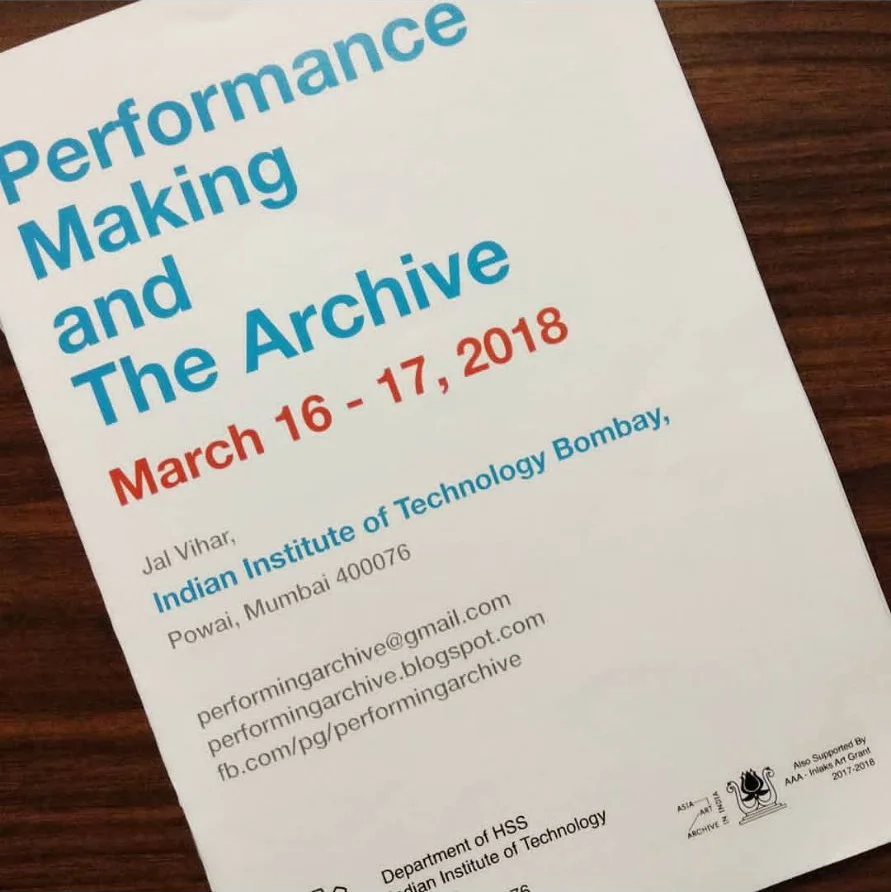Grantee Update: Anusha Madhusudhan
Anusha Madhusudhan is a 2019 Take Off Grantee. She is a lawyer who specializes in public international law and international dispute resolution. She has advised governments and other entities on legal and diplomatic issues in her areas of expertise. Anusha has also worked with leading law firms in India and abroad, including White and Case LLP in their Middle East office. In 2019, Anusha served in the Chambers of the Presiding Judge of the United Nations International Residual Mechanism for Criminal Tribunals (UN-IRMCT) in Tanzania, where she worked on landmark cases involving international criminal law.
She holds a Master of Laws degree from New York University, and she speaks English, French, Arabic, Hindi, Tamil and Kannada. Following is a brief summary of Anusha’s work with the United Nations in Arusha, Tanzania.
The UN-IRMCT was established by the United Nations Security Council in 2010 to take on the remainder of the work of its predecessor, the International Criminal Tribunal for Rwanda (ICTR) after the completion of its mandate. The preceding tribunal was set up to prosecute persons responsible for genocide and other serious violations of international humanitarian law committed in Rwanda in 1994. The UN-IRMCT is located in Arusha, Tanzania, and its Appeals Chamber is located in The Hague, Netherlands. Since it opened in 1995, the ICTR indicted 93 individuals whom it considered responsible for the genocide in Rwanda. Those indicted include high-ranking military and government officials, politicians, businessmen, as well as religious, militia, and media leaders.
The functions taken over by the IRMCT include tracking and prosecution of remaining fugitives, retrials, new trials for contempt or false testimony, protection of victims and witnesses, and preservation and management of archives. Judge Carmel Agius from Malta is the current President of the Court. The President is the institutional head of the UN-IRMCT and fulfils functions both in Arusha and The Hague. The President is responsible for the overall execution of the institution’s mandate, for representing the Mechanism before the UN Security Council and the UN General Assembly, for coordinating the work of Chambers, and for appointing Judges to hear cases as required. The President is a member of the Appeals Chamber and presides over its proceedings.
In the President’s Office, Anusha provided legal support by conducting research, analysing laws and policies, reviewing evidence, and drafting judicial decisions and orders, along with advising the Office on diplomatic issues relating to post-conviction matters. She worked on a wide range of issues including the enforcement of sentences, review, appeal and contempt proceedings, orders governing protective measures to witnesses, and assignment of counsel. During the latter half of 2019, Anusha worked on important cases involving international humanitarian and criminal law. One notable case was the review hearing in Prosecutor v. Augustin Ngirabatware, which was the very first hearing to have taken place at the Arusha branch of the Court. She also worked on the contempt case concerning Prosecutor v. Maximilien Turinabo and others.
Augustin Ngirabatware served as Minister of Planning as part of the Rwandan Government in April 1994. His trial judgement was pronounced by Trial Chamber II of the ICTR on 20 December 2012, and his appeal judgement of 18 December 2014 was the UN-IRMCT’s first judgement. Both the Trial and Appeals Chamber confirmed his responsibility for direct and public incitement of genocide.
On 8 July 2016, Ngirabatware filed before the UN-IRMCT a request for review of his convictions, in light of a discovery of a new fact. On 19 June 2017, the Appeals Chamber granted Ngirabatware’s request for review of his convictions and determined that a hearing should be held and allowed him (and the Prosecution) to provide supporting and rebuttal evidence concerning the new fact. The review hearing of Ngirabatware lasted from 16th – 24th September 2019, and was based on the retraction of four prosecution witnesses, whose testimony had weighed heavily on the conviction. All four witnesses had signed retraction letters, which convinced the Appeals Chamber to open the review case. The Appeals Chamber heard six witnesses, including the four recanting witnesses, and oral arguments from the parties.
The Appeals Chamber found that Ngirabatware had not presented sufficient evidence capable of belief that the witnesses had truthfully recanted. The Appeals Chamber observed that the circumstances surrounding the recantations of the four witnesses, including evidence that the witnesses received or sought financial incentives in connection with their recantations, as well as the fact that the recantations may have been orchestrated by others, raised considerable suspicion. Notably, two of the four witnesses renounced their recantations at the review hearing and affirmed the truth of their trial testimony against Ngirabatware.
In another related case, the Prosecution had alleged that at least between August 2015 and September 2018, Ngirabatware, directly and/or through Maximilien Turinabo and others, sought to influence protected witnesses to recant their trial testimonies in order to overturn his final conviction, thereby interfering with the administration of justice. It was also alleged that Ngirabatware knowingly disclosed confidential information and had prohibited contact with a protected witness in knowing violation of court orders. These will form the bases of a separate proceeding.







